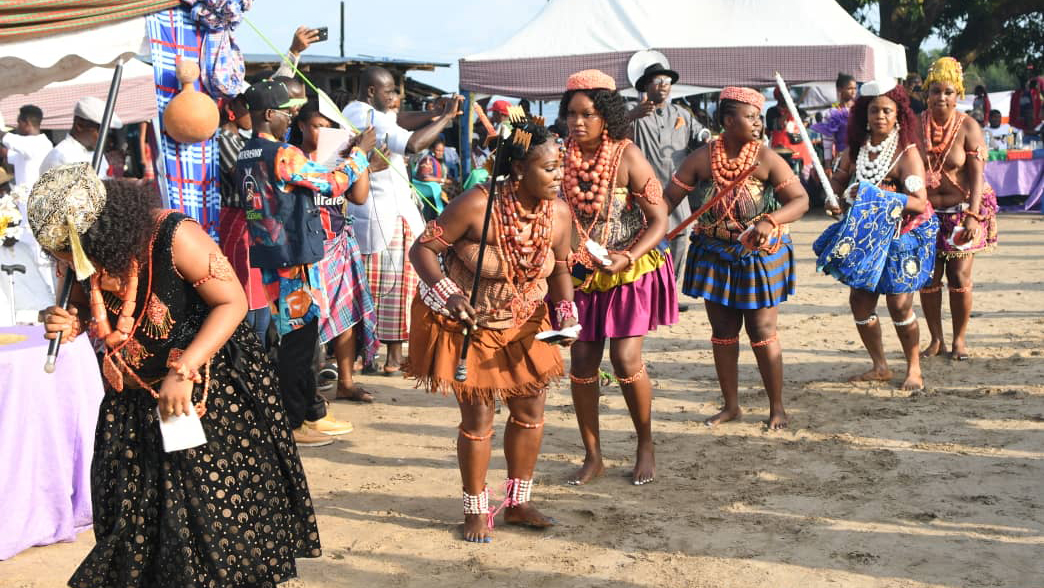A Professor of History and Chairman, Governing Council of Obafemi Awolowo University, Siyan Oyeweso, has called on institutional leaders across the country to ensure that religion does not erode Yoruba’s rich cultural heritage.
He maintained that culture is the foundation upon which all religions stand, reason preserving it is critical to maintaining identity, values, and language.
Speaking at the maiden edition of Fountain University’s Cultural Day, themed, ‘Preserving Heritage, Celebrating Identity: The Interplay of Islam and Culture in our shared Tradition’, held in his honour in Osogbo, Oyeweso explained that Yoruba and African cultures, more broadly, must be actively preserved to prevent the extinction of native languages and the erosion of moral values.
“A language dies when the last speaker dies. Preserving Yoruba culture is the quickest way to preserve the Yoruba language. Once we lose culture, we lose identity and morality,” he said.
He decried the growing disregard for traditional values, linking the decline to rising social ills such as kidnapping, cybercrime, and drug abuse.
“Our past literature from D. O. Fagunwa to J. F. Odunjo taught morals and values. But today, parents even support criminal behaviours like internet fraud.
We must return to family values and cultural ethics,” he said.
Emphasising on his extensive documentation of Islam’s history in Yorubaland, Oyeweso argued that Islam and Yoruba tradition have long coexisted, evident in the historical integration of mosques near royal palaces and markets.
“The monarchy in Yoruba land has already preserved the institution of Islam,” he noted, citing the establishment of the Ile-Ife Central Mosque in 1903.
He urged people of all faiths to protect Yoruba culture, because it is the basis of all other religions. Expressing gratitude for the university’s honour, Oyeweso reaffirmed his lifelong dedication to promoting African history and culture globally.
Earlier in her remarks, Vice-Chancellor of Fountain University, Prof. Ramota Kareem, described the event as a strategic move to preserve cultural identity. She emphasised the university’s commitment to celebrating not only Yoruba culture but also the broader African heritage.
“Culture remains a vital means of identification,” she said, calling on academia to recognise and respect the cultural context of their host communities.






